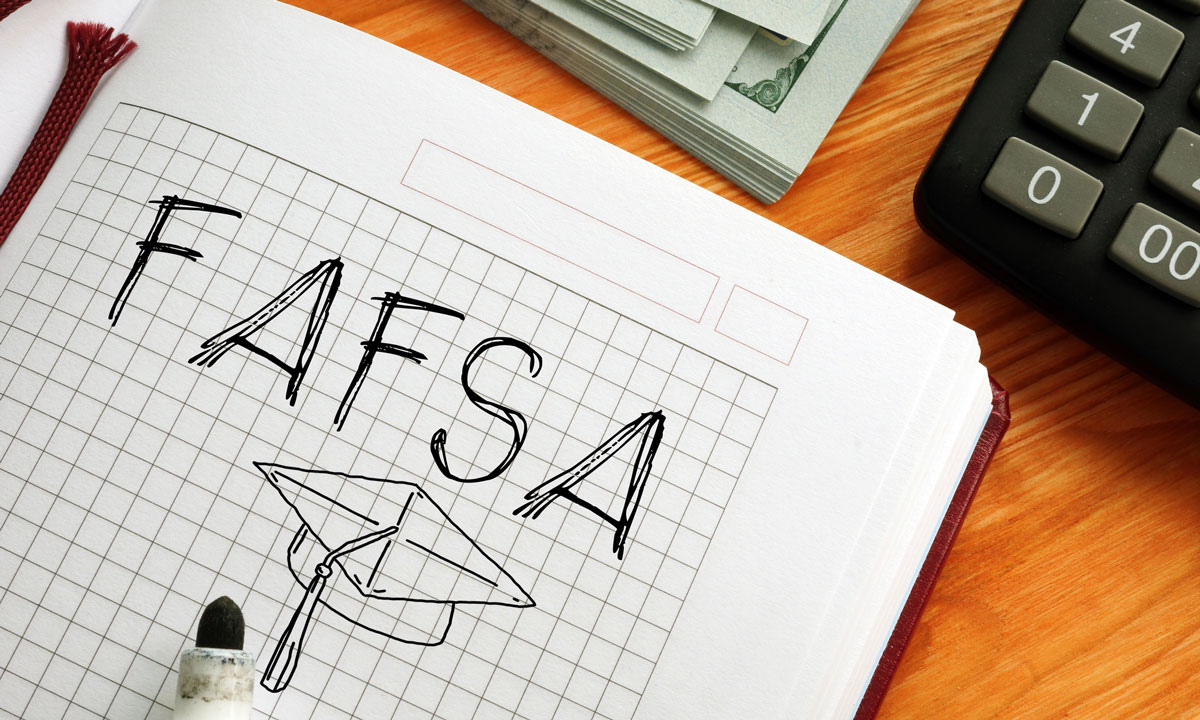FAFSA Opening Delayed; Application Will Look Different This Year
The FAFSA Simplification Act of 2022 made several changes to the application process.

Get stories like this delivered straight to your inbox. Sign up for The 74 Newsletter
A new version of the federal application for student aid will open by Dec. 31, two months later than usual.
The Free Application for Federal Student Aid, known as FAFSA, is how prospective college students access federal financial aid programs, including grants, subsidized loans and unsubsidized loans, which can be forgiven in certain circumstances. Many colleges and private scholarship programs also use a student’s FAFSA to determine that student’s financial need.
It will look different from previous years. The FAFSA Simplification Act of 2022 made several changes to the application process and the methodology for determining how much aid a student can get.
The FAFSA is largely based on parents’ income and tax information.
EAB, an education research and consulting firm, found that in 2021 more than 30% of first-generation and low-income college students said completing the FAFSA was “difficult,” citing lack of parental support, difficulty locating tax information, confusing questions and immigration status.
The U.S. Department of Education is marketing the reworked application as “better FAFSA,” promising to deliver a shorter, more efficient form and to provide additional aid to the students who need it most. The changes, however, have delayed the application’s opening date and raised questions about whether the new FAFSA will be better for everyone.
The changes in aid calculations will increase aid to low-income students, extending Pell Grants — need-based financial aid that students don’t have to repay — to an additional 610,000 students nationwide. In Minnesota, an estimated 13,000 additional students will receive a Pell grant, a 12.5% increase from 2022.
The Department of Education also says under the new rules, more students will receive the maximum Pell Grant award compared to previous years.
The changes also reduced the number of questions on the application; previously, students and families manually answered questions based on their tax returns. Now, the FAFSA application will import data directly from the IRS, saving families time.
Parents will have to provide up-front consent on the new online application to allow the IRS to share their tax information, presenting a potential barrier for students whose parents are concerned about data privacy.
Students will not be able to submit the FAFSA if their parents don’t consent to sharing the data.
As part of the new application process, parents will also have to use their Social Security number to create a unique login to the online application — paper applications do exist but are “highly discouraged,” according to Zoey Haines, a program manager with Achieve Twin Cities, which provides college and career services.
For parents who do not have a Social Security number, the Federal Student Aid Office will use alternative questions to verify a person’s identity; if the initial round of online questions isn’t sufficient to verify the parent’s identity, they will have to go through an additional round of verification. The details of that process aren’t clear yet, Haines said.
With the application opening delayed two months, the window for students and families to complete the application, receive their award letters and decide on a college is shorter than in recent years.
Minnesota Reformer is part of States Newsroom, a network of news bureaus supported by grants and a coalition of donors as a 501c(3) public charity. Minnesota Reformer maintains editorial independence. Contact Editor Patrick Coolican for questions: info@minnesotareformer.com. Follow Minnesota Reformer on Facebook and Twitter.
Get stories like these delivered straight to your inbox. Sign up for The 74 Newsletter

;)